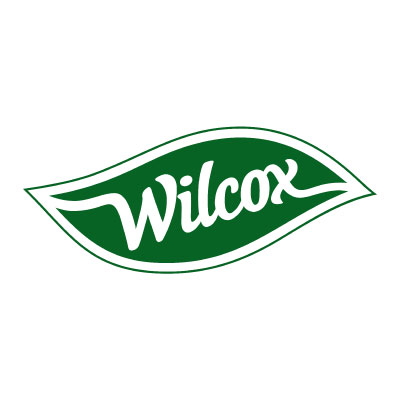Introductory Biology: Cells & Genetic Basis of Life
Community College of Vermont - Winooski, VT
Currently accepting resumes from applicants interested in teaching: Fall 2016
BIO-1212 Introductory Biology: Cells & Genetic Basis of Life 4 Credits
In this introductory biology course, students will explore the "process of science" with hands-on field and laboratory experiments. Topics in this course include the chemistry of life, cell structure and function, cell reproduction, classical and molecular bases of inheritance, and DNA technology. (Students needing a full year of introductory biology should also complete BIO-1211.)
1. Describe how biological science is one way of knowing about the world, one in which the scientific method is used to gain insight into and knowledge about how nature works.
2. Describe relevant aspects of chemistry that inform biological systems functioning.
3. Describe the anatomy and physiology of cells as they pertain to organisms as diverse as bacteria and humans.
4. Examine energy as a fundamental biological principle and resource - how it cycles through various forms to fuel biological work via photosynthesis and cellular respiration.
5. Compare and contrast various forms of cell division and the consequences of mutations.
6. Describe and give examples of how genetic change determines heredity and inheritance.
7. Examine the role of genes in directing protein synthesis and the role of proteins as enzymes regulating and controlling gene expression.
8. Explore the biotechnological uses of DNA for forensics, genetic manipulation, and cloning.
9. Recognize the pivotal role of evolution in determining the nature of all biological processes.
10. Demonstrate proficiency in understanding, interpreting, evaluating, and applying quantitative data and information.
Lab Objectives:
1. Utilize mathematical techniques necessary to properly collect and interpret data (i.e., unit conversions, standardization and scaling necessary for data collection, graphing and charting).
2. Understand the use of and employ common biological tools (i.e., microscopes, spectrophotometers, electrophoresis equipment).
3. Explain the importance and significance of isolating different types of molecules to further understand biological processes (i.e., enzyme assays, protein isolation, centrifugation, chromatography, etc.).
4. Conduct appropriate observations and/or experiments to illustrate biological principals and concepts.
5. Demonstrate an understanding of principles of the scientific method through the use of peer-reviewed journal articles, laboratory reports, laboratory notebooks, or other analyses.
Master's degree required.
Posted: 30+ days ago
About Community College of Vermont
Every year Community College of Vermont employs nearly 800 part-time faculty to teach its courses at 12 locations statewide and online, and we are always looking for enthusiastic, knowledgeable teachers. All faculty work part-time with a maximum of three... more



